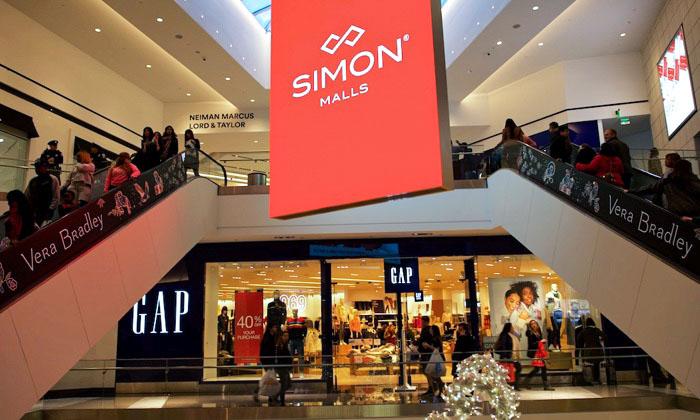As retailers nationwide struggle to bring foot traffic back to brick-and-mortar stores this year, the nation’s largest mall operator said it is more concerned about Main Street business owners than larger national chains with hundreds of store locations.
During a conference call with Wall Street analysts after the market closed on May 12, Simon Property Chairman and CEO David Simon stated that if trade uncertainty surrounding the United States and China persists for several months, small business owners may face difficulties ahead.





